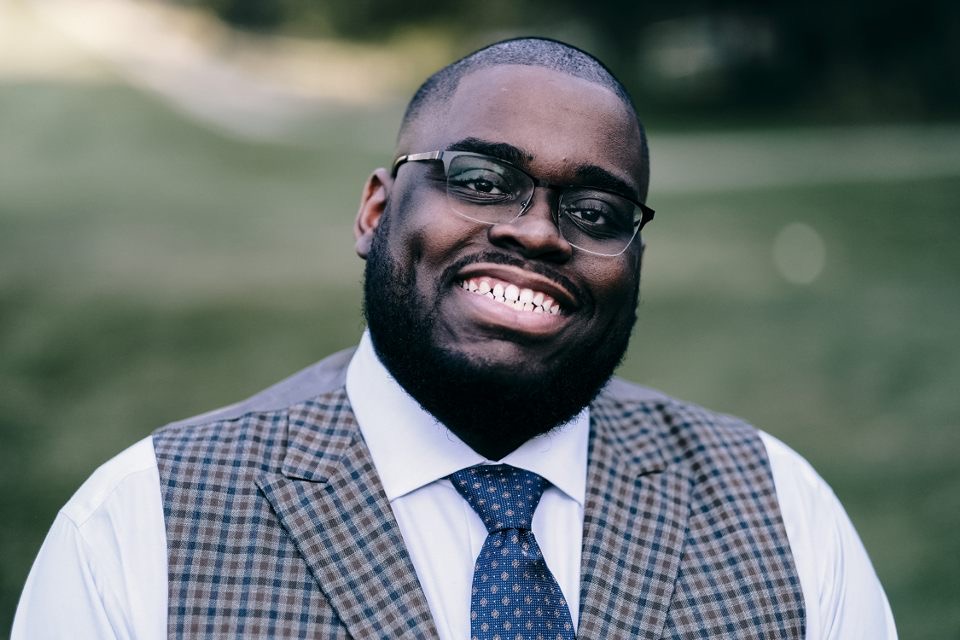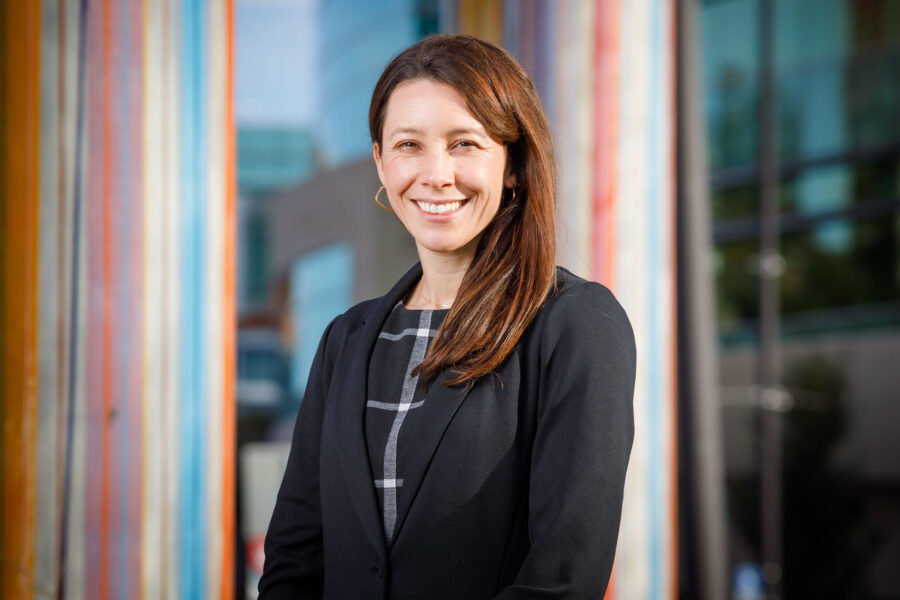
Isaiah T. Crum, a December 2020 graduate of the UNMC College of Medicine, shares a few ways healthcare practitioners can create an inclusive environment within their respective spheres of influence. He also shares advice for Black, Indigenous and People of Color (BIPOC) students at UNMC.
Creating an Inclusive Environment in Healthcare
When creating an inclusive environment in healthcare, I think it’s important to speak directly to the underserved and the underrepresented. There are studies that show that people of color have better health outcomes when a person of color is a member of their medical team. So, first and foremost, it is important to understand the importance of diversity and recognize that diversity is not something that passively happens on its own.
The next thing is to really create an environment where people feel welcome and feel empowered to be themselves as well as to bring their culture along with them. When you have diversity of ideas and diversity of culture – those things help you create an inclusive place.
Additionally, you want the people of color that you do have to feel welcome, and you really want to work to eliminate the minority tax. The minority tax is something that occurs in academia when a resident of color or a medical student of color or even a faculty member of color has additional diversity-related responsibilities on top of their own clinical duties. It’s important to figure out how best to incentivize their participation in diversity initiatives, instead of just assuming they’ll want to do it because they’re a person of color. You really want to make sure they’re getting equitable and fair treatment.
Advice for BIPOC UNMC Students
My main advice to students is that you belong here, and you belong in the medical healthcare system as a provider. Imposter syndrome is very real. And it’s not just people of color who struggle with imposter syndrome. No one feels like they belong in medical school. No one feels like they’re good enough. If you are having those feelings, know that you absolutely do belong here. You’ve put in the work to get here, and you’ll continue to put in the work to achieve your goals and to get to where you want to be.
Don’t be afraid to seek out mentorship in whatever form that looks like for you. Not all of your mentors have to be people of color. It’s always nice to have a mentor who can understand your lived experience a little bit better, but always be appreciative and accepting of anyone who’s willing to give you advice and to guide you.
Finally, remember to stay connected with your community and with those who are supporting you and rooting for your success.




